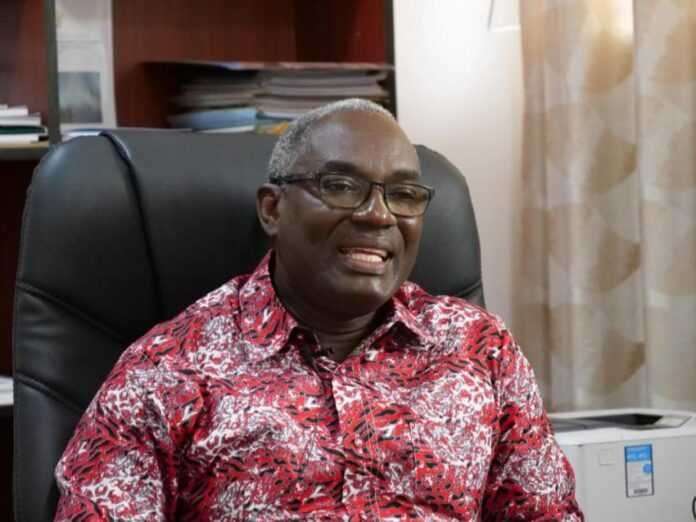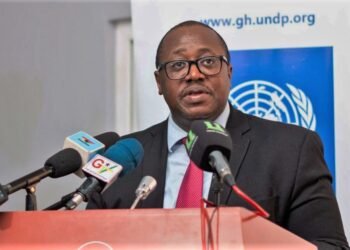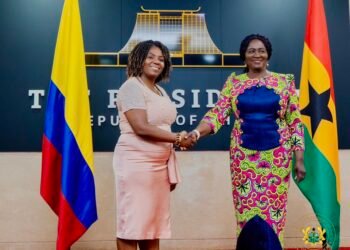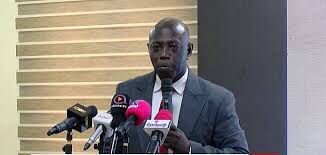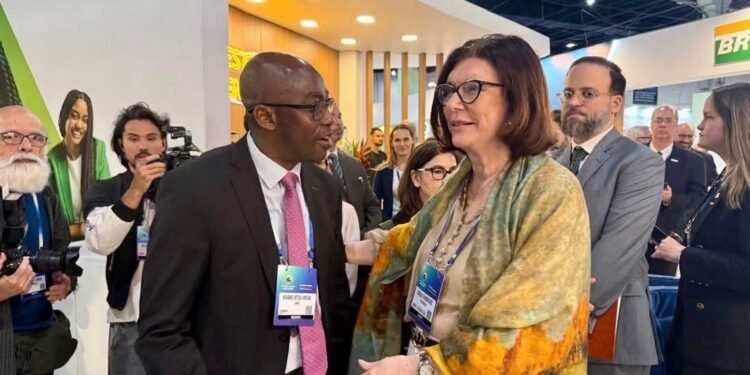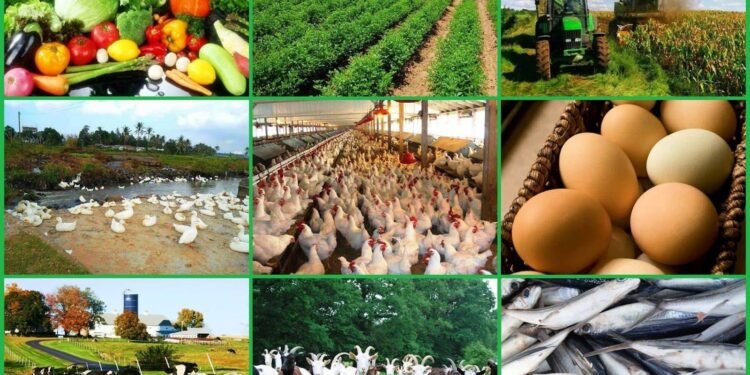In a recent interview, Dr. Esseim Mensah-Abrampa, the Director-General of the National Development Planning Commission (NDPC) in Ghana, made a significant revelation. He stated that Ghana has successfully reduced the number of poor people by half over the past two decades. This is a commendable achievement that reflects the country’s commitment to implementing effective programs and policies aimed at improving the well-being of its citizens.
Dr. Mensah-Abrampa highlighted that this poverty reduction can be attributed to a range of well-being and satisfaction programs that have been implemented over the last twenty years. These initiatives have undoubtedly played a crucial role in uplifting the lives of many Ghanaians and providing them with opportunities for economic and social advancement.
Furthermore, Dr. Mensah-Abrampa emphasized that Ghana should not be labeled as a poor country. Instead, he described it as a lower middle-income economy with abundant natural resources. This distinction is crucial as it positions Ghana within the ranks of countries that have made significant progress in economic development. According to the World Bank’s classification, lower-middle-income economies are those with a Gross National Income (GNI) per capita between $1,036 and $4,045. By achieving this status, Ghana has joined the league of nations and has attained a certain level of economic stability and growth.
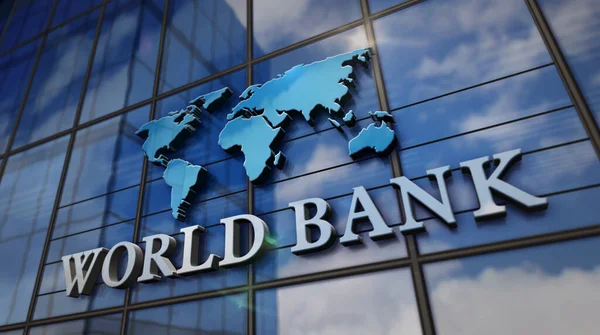
The director-general’s assertion that Ghana is not a poor country aligns with global indicators of development. It is important to note that development cannot be solely measured by per capita income. Factors such as the sophistication of people’s lives, well-being, and overall progress should also be taken into account. Dr. Mensah-Abrampa highlighted that Ghana’s per capita income and quality of life are higher than the global average. This indicates that the efforts made to uplift the nation have resulted in tangible improvements in the lives of its citizens.
While acknowledging that there are still individuals living in poverty, Dr. Mensah-Abrampa emphasized the ongoing process of poverty reduction.
“It does reflect in the lives of the people because per capita income, how much you earn, and the sophistication in our lives and our well-being are far higher than the average in the world.”
“We cannot live in the same income bracket which means that there are some people who are poor but there is a process which has gone on for a very long time within twenty years, we have been able to half that, it means we have been able to move half of the people who are poor right into a higher range of well-being and satisfaction. So it is a process.”
Dr. Mensah-Abrampa
Ghana’s remarkable achievement in reducing poverty by half over the past two decades can be attributed to a range of impactful social interventions. The government has implemented programs such as the Livelihood Empowerment Against Poverty (LEAP), which provides direct cash transfers to vulnerable households.

Additionally, initiatives like the Free Basic Education and Senior High School (SHS) program have increased access to education, opening doors for socio-economic mobility. Investments in healthcare, infrastructure development, and agricultural support have also played a crucial role. These comprehensive social interventions have empowered individuals, improved living conditions, and fostered sustainable progress in Ghana’s fight against poverty.
It is encouraging to see that Ghana has been able to move a significant portion of its population from poverty to higher levels of well-being and satisfaction. This achievement demonstrates the positive impact that sustained efforts and targeted interventions can have on poverty reduction. It is a testament to the resilience and determination of the Ghanaian people, as well as the commitment of the government to prioritize the welfare of its citizens.
Moving forward, Ghana needs to continue its focus on poverty reduction and sustainable development. The progress made so far serves as a strong foundation for further advancements. A continued partnership between the government, civil society organizations, and international stakeholders can contribute to the consolidation of these gains.
Sharing knowledge, best practices and resources with countries that face similar challenges can also enhance Ghana’s efforts in poverty reduction.
READ ALSO: Ghana-Man Time and Bagbin’s Proposal: A Timely Crackdown On Lateness

